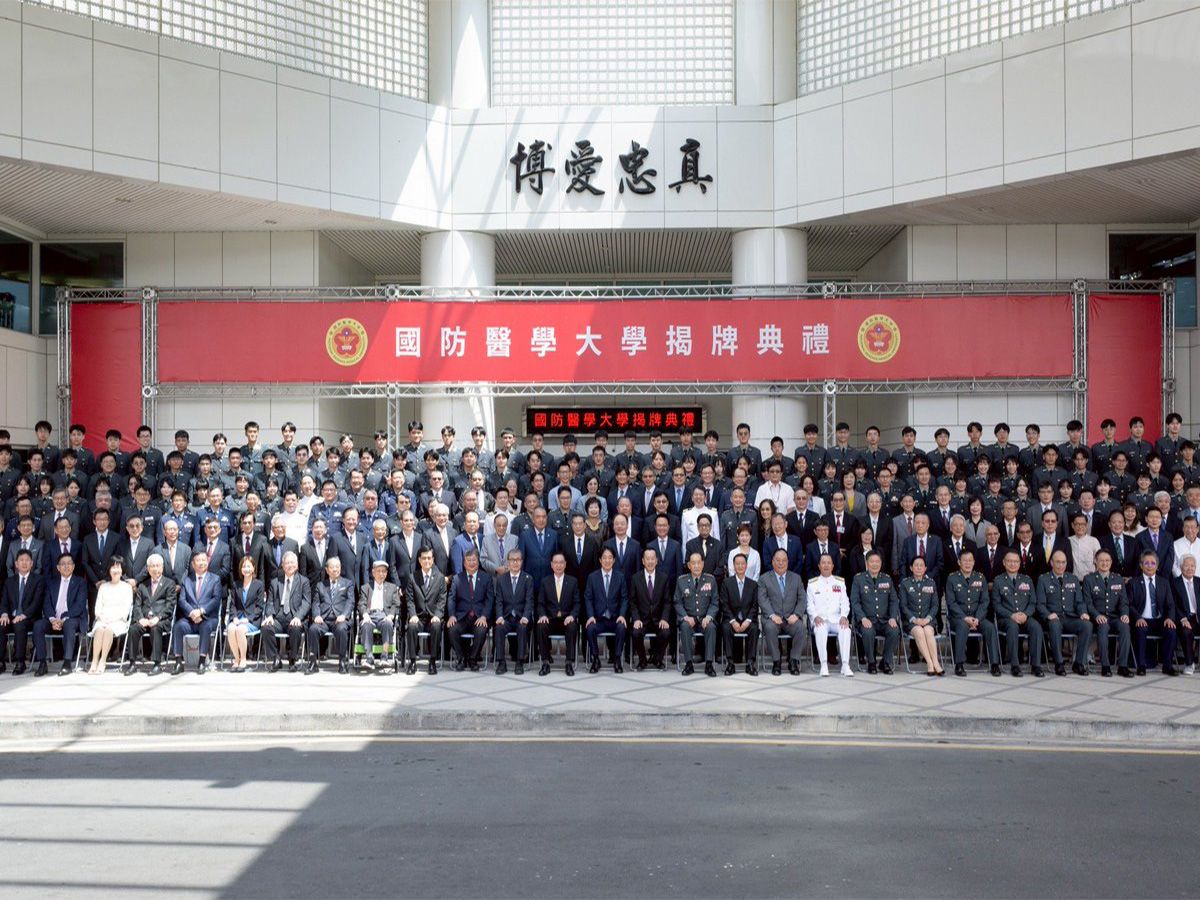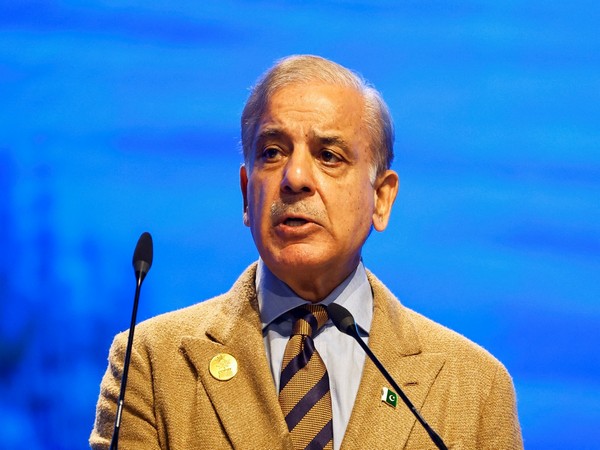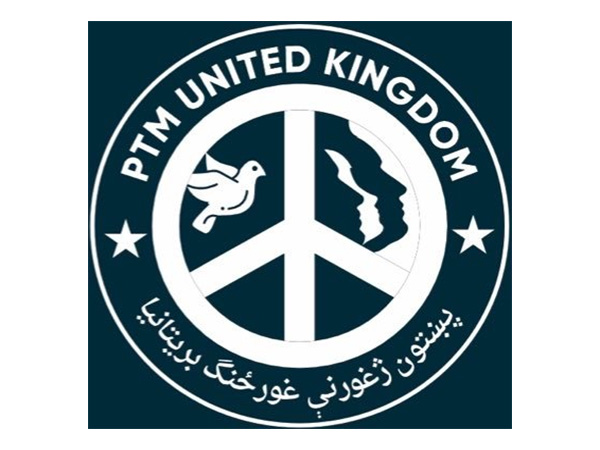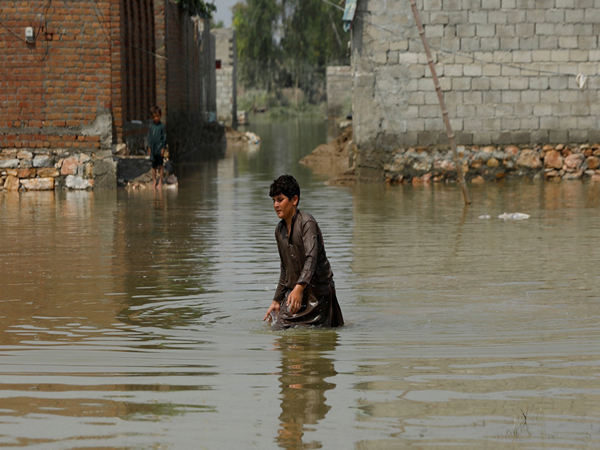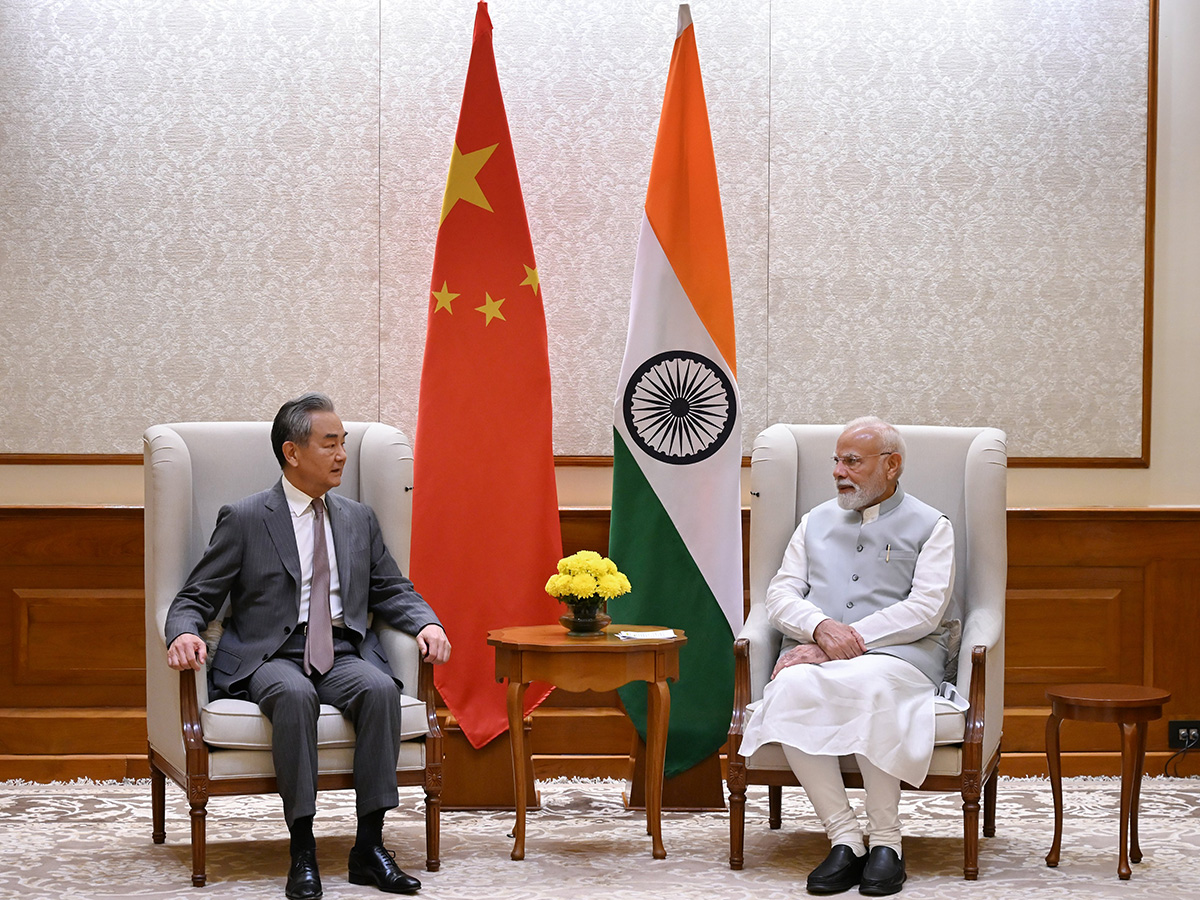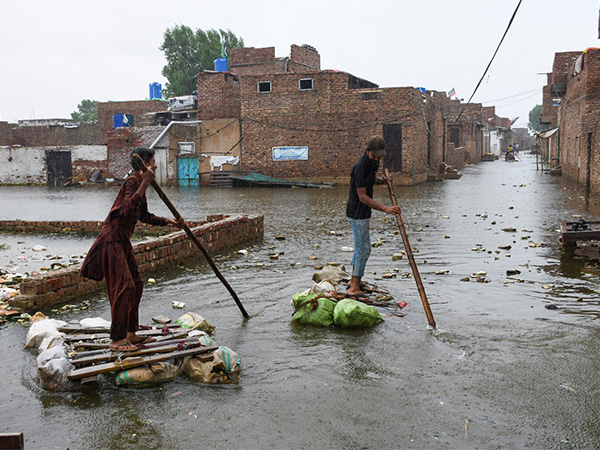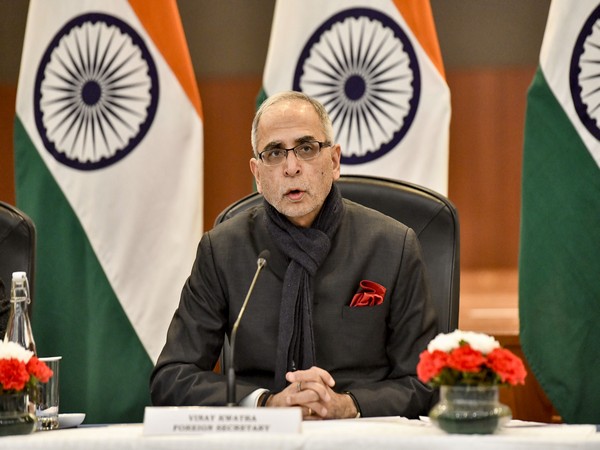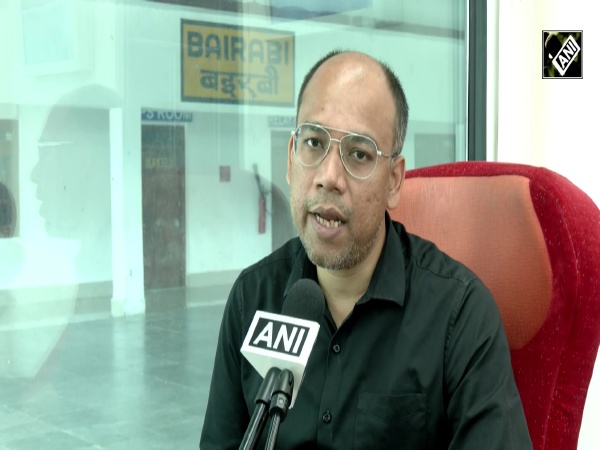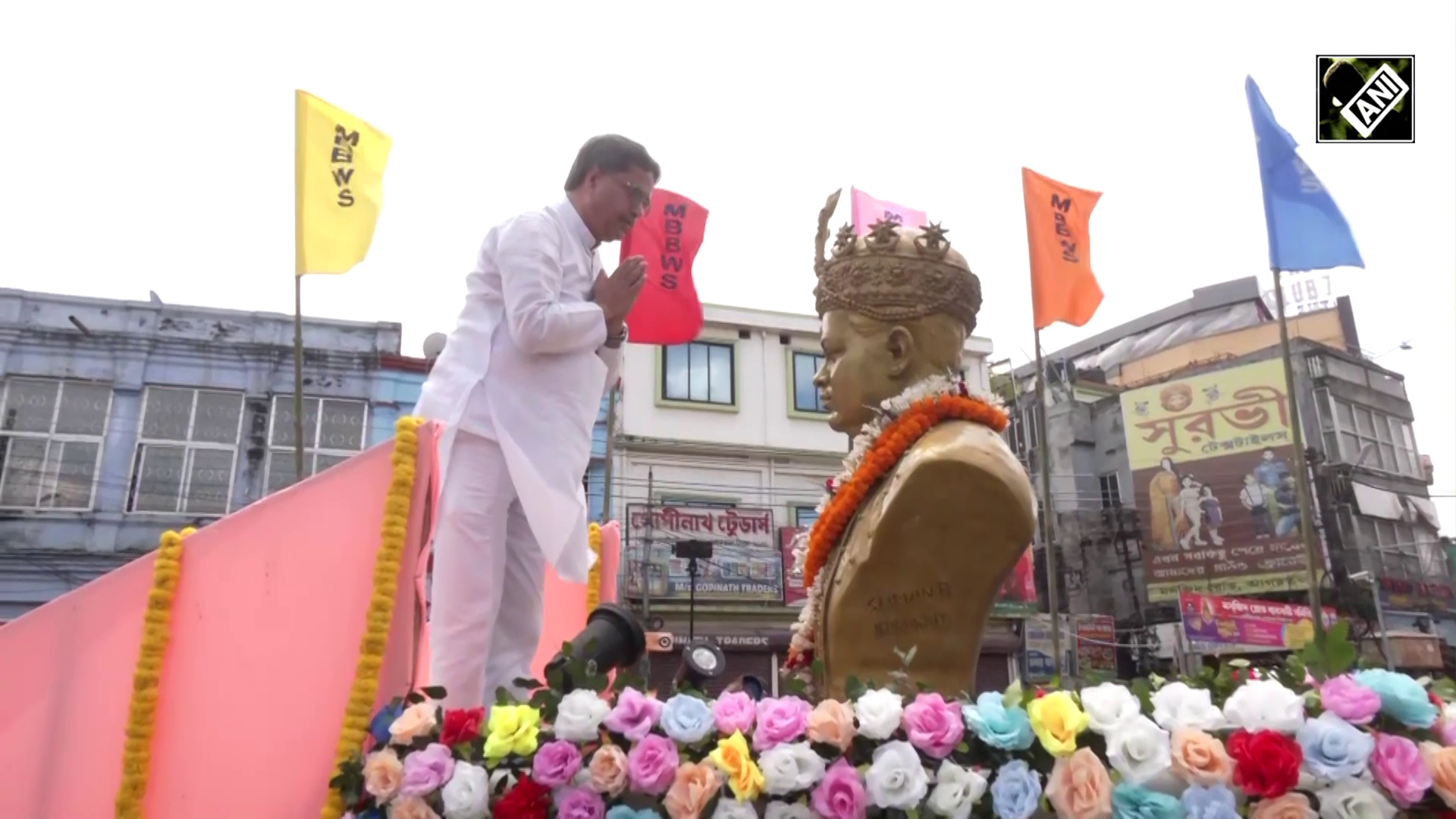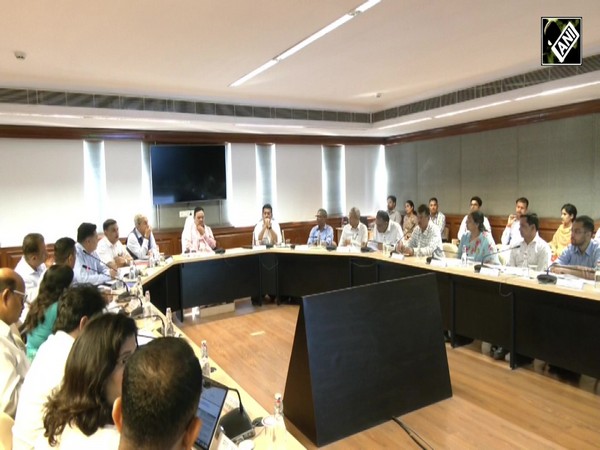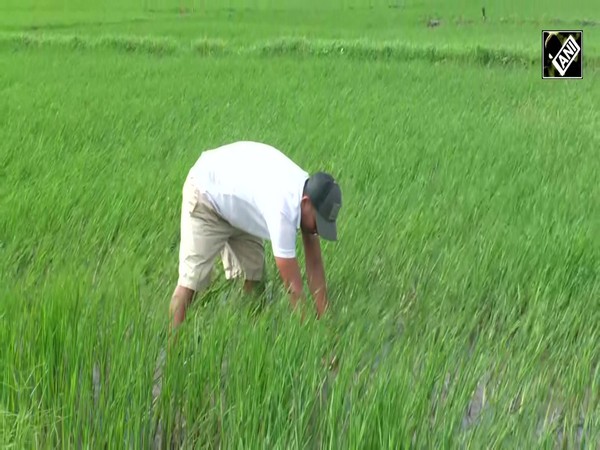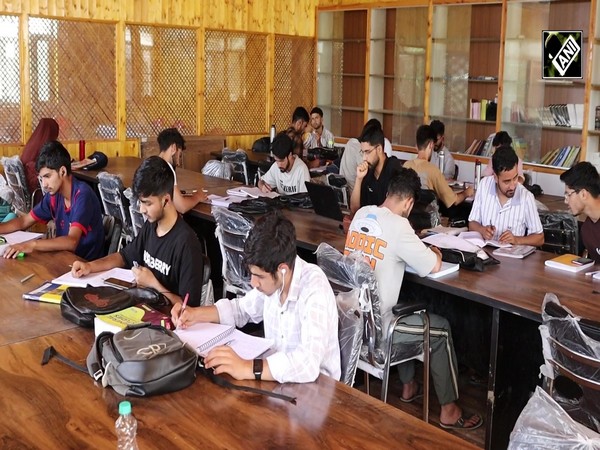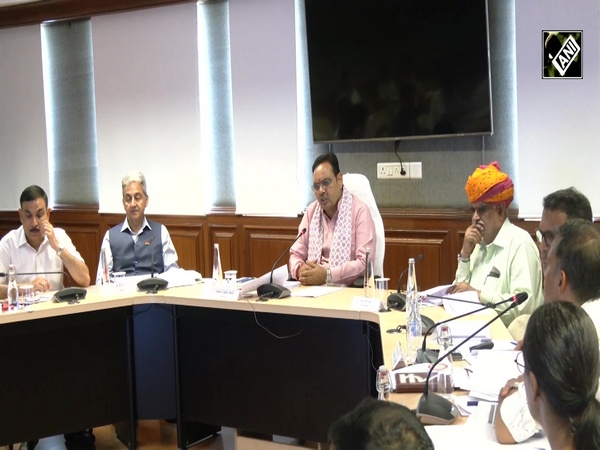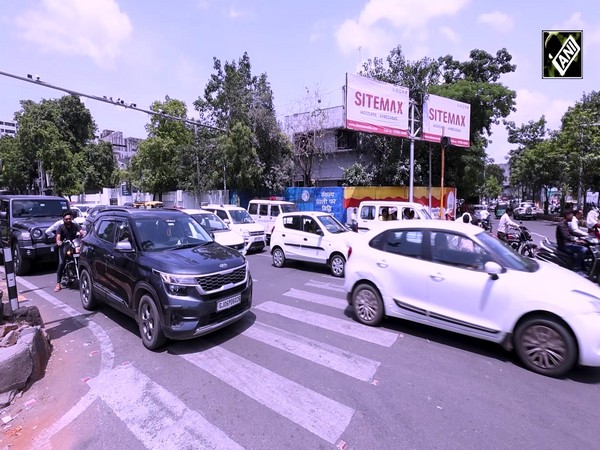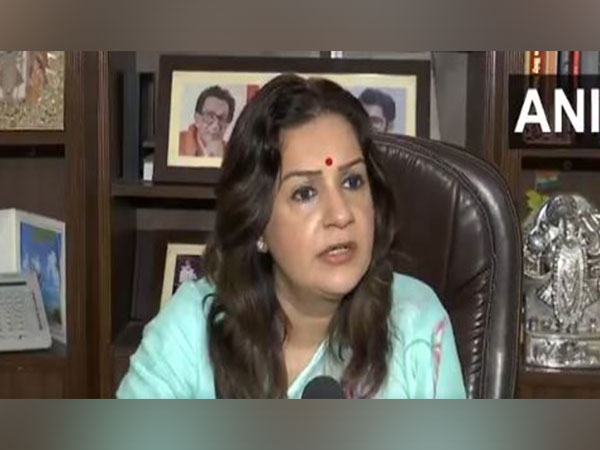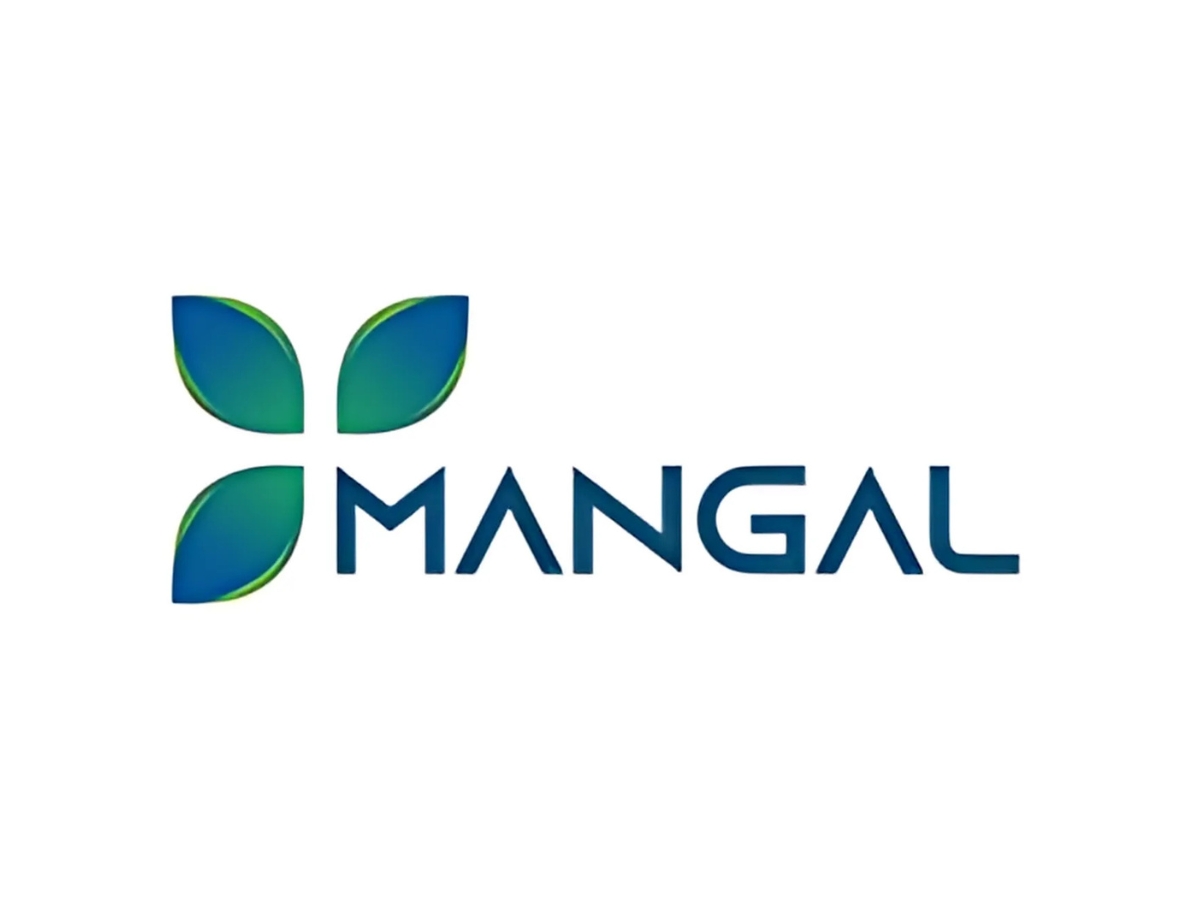
Need to work for easier supply chain of Australian critical minerals in India: Australian High Commissioner
Jul 04, 2025
New Delhi [India], July 4 : Australian High Commissioner to India, Philip Green, on Friday emphasised the urgency of establishing a smoother supply chain for Australian critical minerals, particularly lithium, to India, as part of broader efforts to enhance the country's green energy sector.
Speaking to ANI, Green highlighted Australia's role as a major producer of critical minerals and its strategic importance as a Quad member, noting that one of the aspects of the alliance is to ensure "high-quality supplies" of these minerals are available to India.
"Australia is a very large producer of critical minerals. We produce more than 50 per cent of the world's lithium... I want to work to make sure that there is an easier supply chain of Australian critical minerals and especially lithium, in India. This is one aspect of what the QUAD is trying to do to make sure that high-quality supplies of important battery minerals are available to countries like India, which have a very bright future in the green energy supply chain," Green said.
"It's all about reducing the barriers to trade, and that's all about prosperity for both of our nations," he added.
Green's remark came after US Secretary of State Marco Rubio emphasised the importance of diversifying the global supply chain of critical minerals for technological and industrial advancement during a joint press conference ahead of the Quad Foreign Ministers' meeting on Tuesday.
Looking ahead, Green anticipated Prime Minister Anthony Albanese's visit to India for the QUAD summit later this year, hosted by India, stating, "India will be hosting the QUAD later this year. It's up to Prime Minister Modi to identify when he will be inviting Prime Minister Albanese for that, but I know that our Prime Minister is looking forward very keenly to coming back to India. This is a focused country from here."
Green also highlighted the deepening defence and security ties, particularly through a new joint research project on undersea surveillance, which aims to enhance underwater domain awareness, crucial for regional security focusing on maritime security.
"Australia and India are building a much deeper partnership, and at the core of that is the fact that we are now strategic partners. We're separated only by an ocean. It makes sense that when we're talking about our defence and security engagement, we talk about the marine. And that's why this effort to better understand surveillance of the oceans is a key area for Australia and India to work on. I'm very confident this will be one of many new interventions that we're making in the defence and security area in the years going forward," the High Commissioner stated.
Earlier on Thursday, India and Australia made the first science and technology project arrangement to enhance undersea surveillance technologies, as per a statement by the Australian government.
As per the statement, the inaugural project aims to improve the early detection and tracking of submarines and autonomous underwater vehicles in the region.
The agreement outlines a three-year joint research project between the Defence Science and Technology Group's (DSTG) Information Sciences Division and its Indian counterpart agency, the Defence Research and Development Organisation's (DRDO) Naval Physical and Oceanographic Laboratory.
The leading-edge research will explore using Towed Array Target Motion Analysis to improve the reliability, efficiency and interoperability of current surveillance capabilities.
